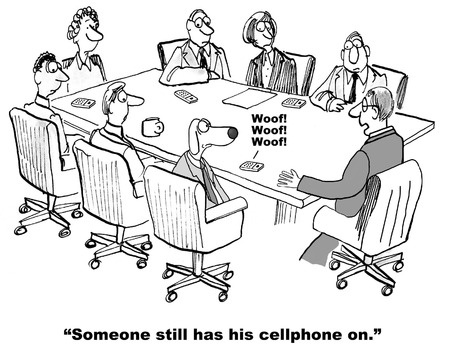Topical Discussion Meetings
It is a habit at the European Space Weather Week (ESWW) conference, that participants contribute largely to its content.
Topical Discussion Meetings are an important part of the program and are organised by a round table format
with plenty of room for discussion.
Discussions on the newest insights in space weather, on the challenges and threats
that space weather imposes, discussions on science, data exploitation, observations, service development,
operational models, engineering, industrial challenges, ... all are relevant and eligible for a Topical Discussion Meeting.
Discussion
A Topical Discussion Meeting aims at active participation or interaction between
the participants. The participants work and discuss on a predefined theme or problem heading towards
an outcome or target.
Discussion - slido
Submit questions or comments for the discussion in advance by clicking slido in the scheme below.
To
start the discussions it is now possible to submit questions beforehand. The tool used is slido.
For each TDM there is a link to a specific slido event. Adding a question is as simple as clicking the
link of the TDM of your choice, type a question, optionally give your name, and send the question.
You can vote for an already given question to increase the attention to that question.
The discussion doesn't have to stop when the TDM ends: simply grab a TDM convener for discussion. Knocking down the convener however is not allowed.
Follow up
TDM conveners will be asked to make a report on their TDM. These reports will be made available on this webpage as soon as
we received them. Check the
ESWW2018 TDM page for the reports
of last year.
For TDM conveners
More on Topical Discussion Meetings and the template for the report
| Room | Mozane 789 | Mozane 5 | Mozane 6 | Rogier |
| Monday, 18th |
| 17:15 - 18:30 |
3D structure and extraction of coronal holes, and the consequences for space weather |
International collaboration for researching "Radio-Weather" |
Benchmarking Extreme Space Weather Events for Improved Global Resilience |
|
Report
|
|
|
| Tuesday, 19th |
| 14:00 - 15:15 |
What critical issues must we address to improve Space Weather forecasts for satellites? |
How can we improve modelling of processes driving GIC and electric field impacts on ground-based systems? |
Scoreboard for the Near-Earth Spacecraft Charging Environment: Initial Discussion and Planning |
|
| Wednesday, 20th |
| 11:15 - 12:30 |
Debate on acceleration mechanisms involved in the generation of SEP events |
Spacecraft, Aircraft, Launcher, Lunar, Planetary and Asteroid Environments |
Atmospheric Effects Topical Group - supporting the ISWAT initiative |
Verification and validation – from initial concept to operational service |
|
| 14:00 - 16:00 |
Space Weather Working Team, plenary, Room Elisabeth
|
|
| 16:00 - 17:15 |
Generation of SpaceWx Scenarios for Exercise Use - Examination of a Toolkit Approach |
Solar and planetary magnetic activity as a space weather driver |
ESA's Distributed Space Weather Sensor System (D3S) |
ESA SSA Space Weather Services for users in the Mediterranean region |
| Thursday, 21th |
| 14:00 - 15:15 |
The SAWS-ASPECS tool: A Web-based Tool for Forecasting Solar Particle Events and Flares |
ESA SSA SWE Network Service Dashboards and How to Combine Products to Provide Added Value to the User |
Big-data processing and modelling of solar activities and space weather forecasting |
|
| Friday, 22th |
| 15:15 - 16:30 |
Journal of Space Weather and Space Climate: a community driven journal for disseminating scientific advances |
Polar Cap (PC) indices for Space Weather monitoring |
Operational Space Weather User Survey Outcome: What's Working and What's Not! |
|












